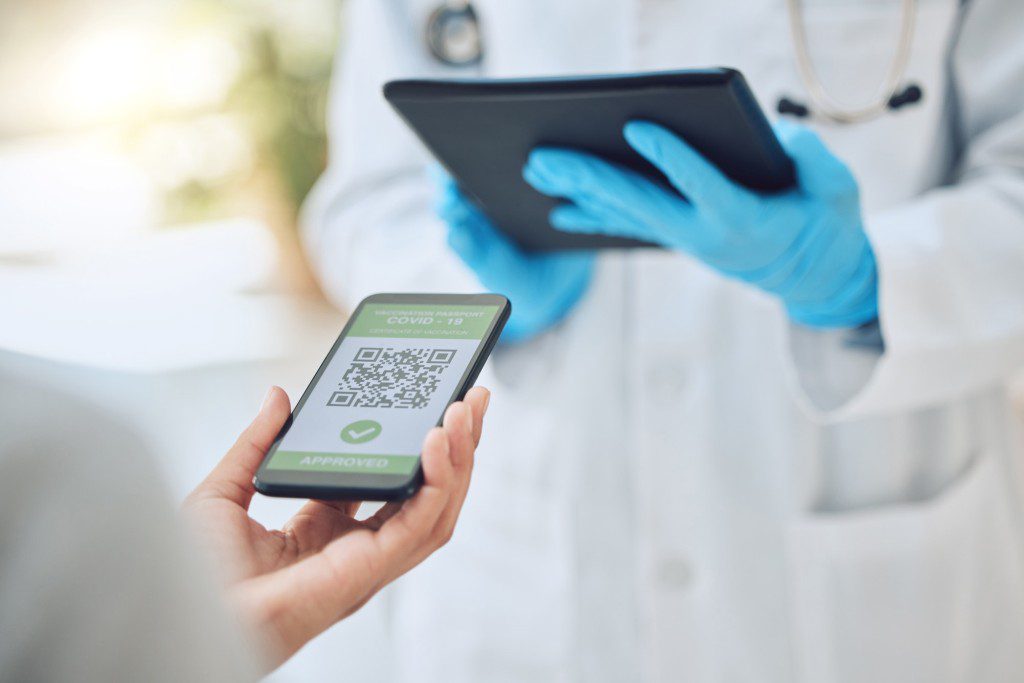
Digital nursing is a rapidly growing field that combines technology and healthcare to improve patient outcomes. As technology continues to advance, the future of digital nursing is bright, with many exciting trends on the horizon.
One of the most significant trends in digital nursing is the use of telehealth. Telehealth allows nurses to provide care remotely, using video conferencing and other technologies. This can be especially useful for patients who live in rural or remote areas, where access to healthcare may be limited. Telehealth can also help reduce healthcare costs by eliminating the need for patients to travel long distances for appointments.
Another trend in digital nursing is the use of wearable technology. Wearable devices such as fitness trackers and smartwatches can monitor a patient’s vital signs and activity levels, providing valuable data that nurses can use to track their progress and adjust their care plans accordingly. This technology can also help patients take a more active role in their own health by encouraging them to exercise more and make healthier lifestyle choices.
Artificial intelligence (AI) is another trend that has the potential to revolutionize digital nursing. AI algorithms can analyze large amounts of data quickly and accurately, helping nurses make more informed decisions about patient care. For example, AI could be used to identify patterns in patient data that indicate an increased risk of developing certain conditions or complications.
Virtual reality (VR) is another emerging trend in digital nursing. VR technology allows patients to experience immersive simulations that can help them better understand their condition or treatment options. For example, a patient with chronic pain could use VR to learn relaxation techniques or practice coping strategies.
The Internet of Things (IoT) is another trend that has significant implications for digital nursing. IoT devices such as smart beds and medication dispensers can provide real-time data on a patient’s condition and treatment plan, allowing nurses to monitor their progress more closely and intervene if necessary.
Finally, personalized medicine is another trend that has significant implications for digital nursing. Advances in genomics and other areas of personalized medicine are making it possible to tailor treatments to individual patients based on their unique genetic makeup. This could lead to more effective treatments with fewer side effects, improving patient outcomes and quality of life.
In conclusion, digital nursing is a rapidly evolving field that is poised for significant growth in the coming years. Telehealth, wearable technology, AI, VR, IoT, and personalized medicine are just a few of the trends that are likely to shape the future of digital nursing. As these technologies continue to advance and become more widely adopted, nurses will need to stay up-to-date with the latest developments in order to provide the best possible care for their patients. By embracing these trends and incorporating them into their practice, nurses can help improve patient outcomes and transform healthcare for generations to come.
